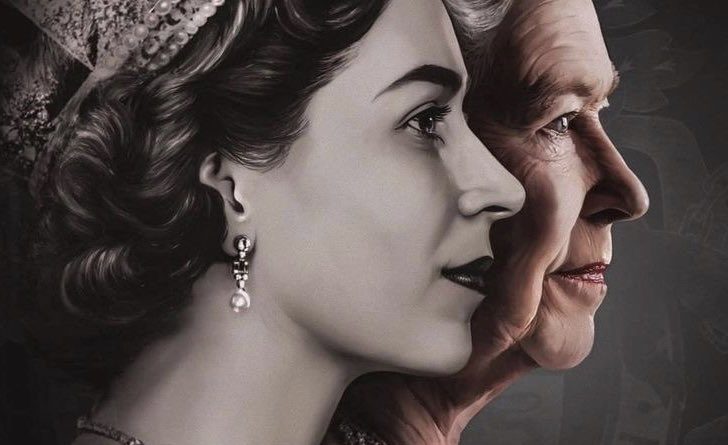Friday Forever: First anniversary of the Queen’s death
One year ago today, on 8 September 2022, Queen Elizabeth II died at the age of 96. She was the longest serving monarch in British history.

Unsurprisingly, the tributes and eulogies from world leaders, dignitaries and celebrities were fulsome, heartfelt and beautiful. The public showed its full appreciation in the days that followed, as, on the first day most people were in shock and trying to process a world without her by watching the early news reports. The official BBC figures said 33 million had tuned in for the news that evening for confirmation of the death.
The majority of the British population had not known any other head of state. She had been there, daily, on our money, on the stamps, on our television and in our newspapers. So, when the announcement came from Buckingham Palace, around lunchtime, on the 8th September, that the Queen’s doctors were concerned for her health, people instantly knew this was serious. The palace usually presents a positive report of an ill Royal. The patient is always said to be in good spirits. But this sounded ominous.
Then, when the new prime minister, Liz Truss, who had seen the Queen only two days earlier, tweeted that she shared the nation’s concerns for the Queen’s health, people began to worry. At first, most just contacted friends to say how sad they felt or anxiously checked news updates. Then, when members of the royal family began gathering in Balmoral, many turned to social media saying they were already in tears about what was unfolding.
I was at a hearing in Brighton court. The case finished early and I saw the Palace announcement about her condition on social media. On the train back every single head in the carriage was bent over a mobile telephone, not in the usual way of casually scrolling through social media, but intently and anxiously gazing at news updates. I began to receive messages on my WhatsApp from friends and family saying that they could not focus on work, they were too sad. ‘I don’t want this to happen,’ was common refrain. ‘ Some people are meant to be immortal, the Queen is one of them,’ was another.
When the news broke that the Queen had ‘died peacefully’ earlier in the afternoon, the streets emptied as people watched the reports on television. Then, in the pouring rain, some ventured out towards Buckingham Palace which had become a focal point.
Initially, I planned to go to the palace the next morning. But then I thought, this is history. So, I went.
The rain pelted down, there was even thunder but when I got to Green Park there were already hundreds of people, carrying flowers and heading towards the palace. The shops had run out of flowers and I couldn’t find any. However, a young couple gave me a sunflower out of their bouquet.
Outside the palace, the crowd had swelled to thousands. Many more were walking up the mall to join them.
Only months earlier I had been in this area to celebrate the Queen’s platinum Jubilee. Then, the crowds had been massive, on a sunny weekend. This was a wet Thursday evening when most people would normally be out at pubs and clubs. The crowd was huge. Not surprisingly, there were fewer older people in this weather and at night but, perhaps surprisingly, the vast majority of the enormous crowd was young people. They sang God save the Queen and cheered for her and then sang God save the King with feeling.
I say surprisingly because the anti-monarchists would have you believe that young people don’t care for the Queen or the monarchy. Obviously some don’t but a great number do. And they were out in force on this night.
We’re also told by the talking heads that people want leaders, movie stars and public figures who are just like them. I don’t know about that. Experience shows that people want movie stars who are impossibly beautiful and glamorous, public figures who are worthy of admiration and leaders who embody the nobility, dignity, duty and grace that we long to have ourselves but don’t always achieve.
The Queen embodied all those qualities and more. Without her the light of the nation felt somewhat dimmed. Many people I spoke to in the days that followed, said they had that unmoored feeling you have when you lose a parent.
Some predicted that the coming days and the funeral would be a cathartic experience for the country, bringing out our unresolved personal sadnesses and grief as well as a chance to mourn the loss of a woman we knew so well and yet never knew at all.
Undoubtedly, a major chapter in British history had just closed. A unique chapter that will not be repeated, probably, ever.


